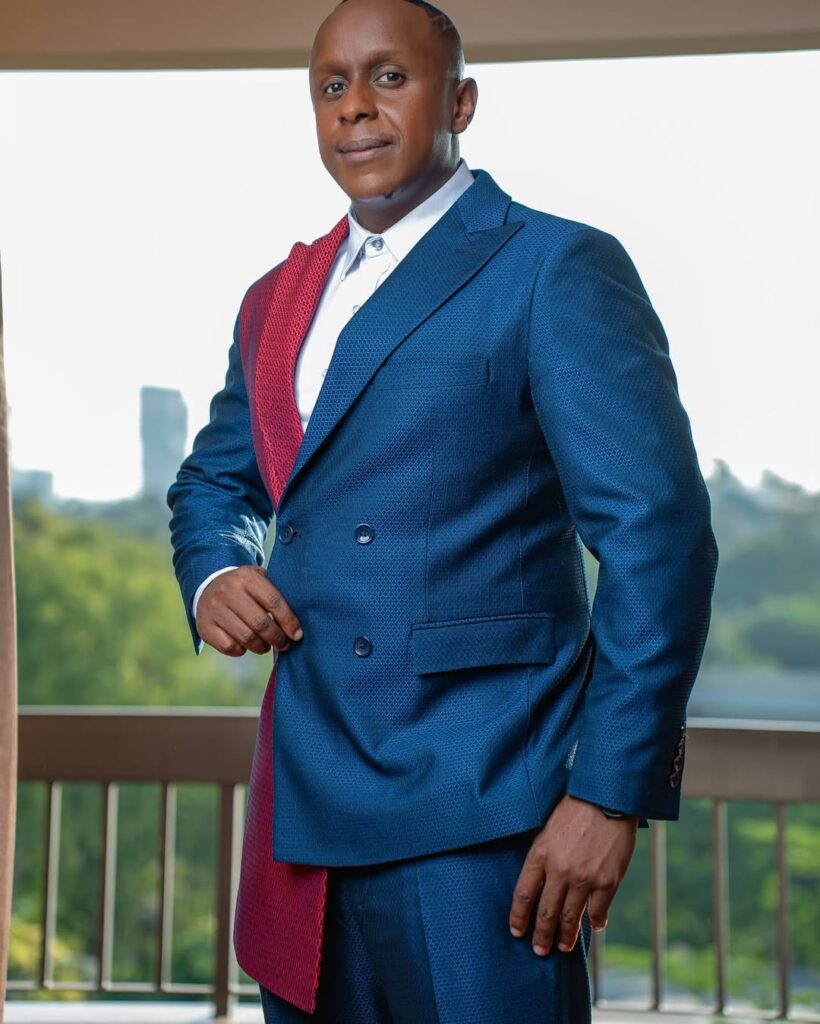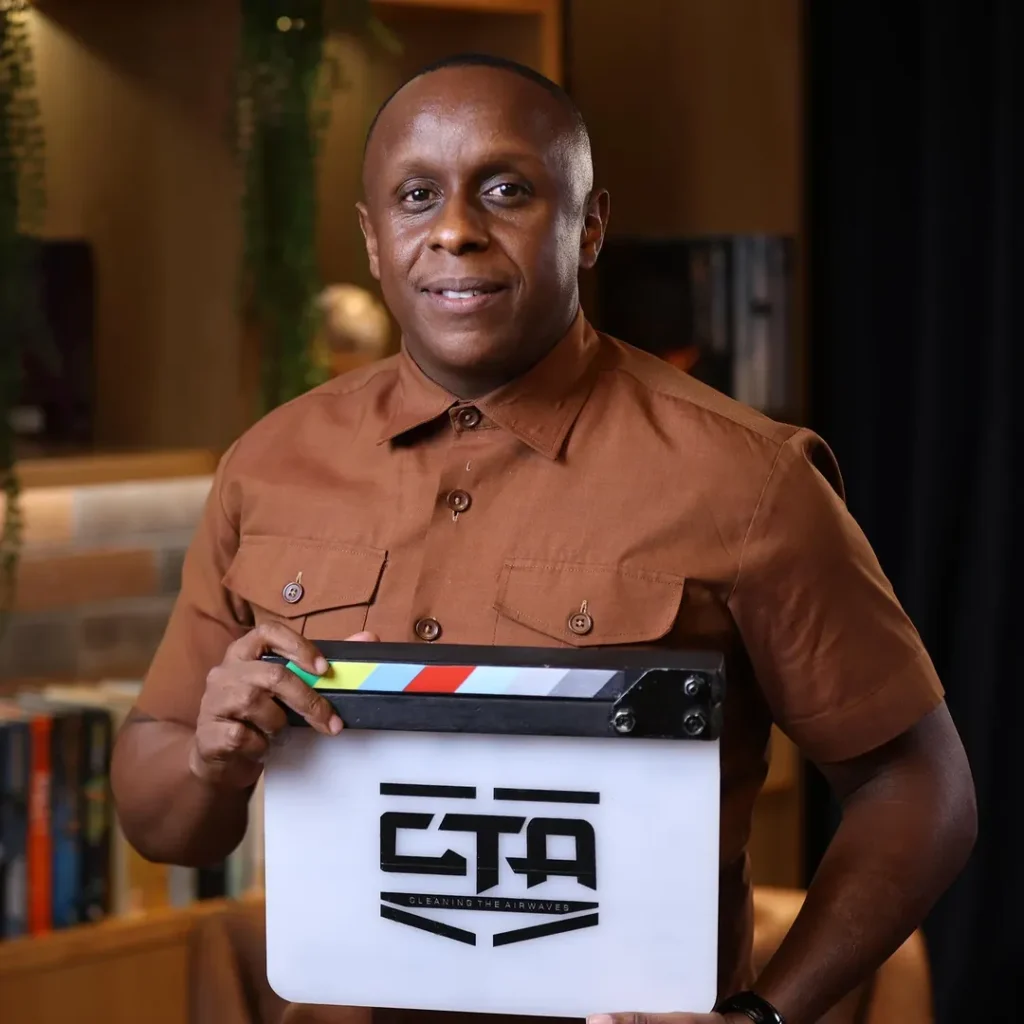In a raw and deeply personal conversation on the CTA: Cleaning the Airwaves Podcast, Phil Karanja, the acclaimed filmmaker and director, opened up about his divorce from Kate Actress, sharing a powerful message of self-reflection and personal growth.
Known for his role in shaping Kenya’s film industry, Phil has been candid about the emotional journey that followed his separation from one of the country’s most beloved actresses.

Phil Karanja revealed that the end of his marriage to Kate Actress was a pivotal moment that forced him to confront his own flaws and responsibilities.
Instead of succumbing to anger or blame, he focused inward, reflecting on where he could have done better in the relationship.

“Divorce made me look at myself and ask, ‘What did I do wrong? Where did I fall short?’” he confessed. “It’s about never playing the blame game.”
The filmmaker also shared a message of strength for anyone facing the end of a relationship. He urged people to take responsibility for their role in the breakdown, instead of pointing fingers at their ex-partners.

“I don’t want to be bitter. I’ve spoken to people still carrying anger years after their divorce, and I remember telling myself: ‘In five years, I don’t want to be that person.'”
Phil’s reflections struck a chord with listeners, especially his commitment to self-improvement and emotional healing.

His perspective emphasizes the importance of owning one’s actions and learning from past mistakes, paving the way for healthier future relationships.
“Taking responsibility for your mistakes is key,” he said. “When you look at yourself, you’ll realize where you went wrong. And from there, you start again – you rebuild yourself.”
As one of Kenya’s most prominent entertainment couples, Phil and Kate’s marriage was admired by many, so their split in 2024 came as a shock to fans.
But their mature and thoughtful approach to handling the breakup sets a remarkable example of personal growth in the face of hardship.

In an age where divorces often spiral into public feuds, Phil Karanja’s message stands as a testament to accountability, maturity, and emotional resilience.



